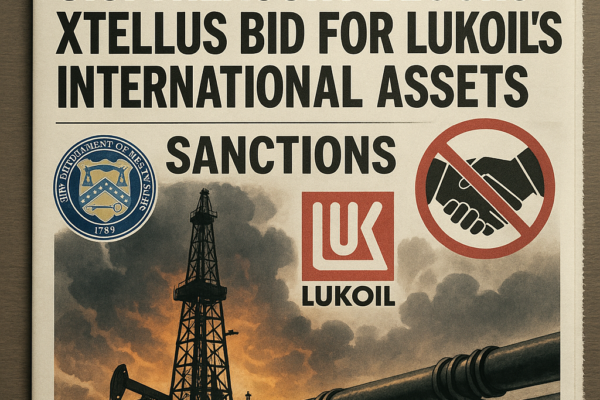PetroChina – Intensifying Global M&A Hunt
Key Highlights:
- PetroChina, China’s largest oil and gas producer, announces plans to accelerate global mergers and acquisitions (M&A) activities.
- The strategic move aims to bolster reserves, enhance operational efficiency, and maintain market position amid evolving industry dynamics.
- PetroChina has a strong track record of significant M&A deals, including the $4 billion acquisition of PetroKazakhstan in Canada.
- Rising oil prices and surging net income in 2023 provide financial impetus for an aggressive M&A strategy.
Strategic Rationale and Market Conditions
PetroChina’s decision to intensify its global M&A activities is driven by several strategic imperatives. With stagnant domestic oil production and a scarcity of new global projects, the company aims to offset these challenges by acquiring strategic assets that can bolster its reserves and maintain its market position. Additionally, the current market conditions, including rising oil prices, have made investments more profitable, providing a favorable environment for M&A activities.
Historical Context and Competitive Landscape
PetroChina has a rich history of significant M&A transactions, including the $4 billion acquisition of PetroKazakhstan in Canada and the takeover of Devon Energy’s operations in Indonesia. During the 2014 oil price slump, Chinese firms like PetroChina limited their global acquisitions. However, with the current resurgence in oil prices, PetroChina is now more aggressive in its M&A strategy, aiming to revive its global dealmaking activities.
The energy sector is experiencing a resurgence in M&A activities globally, with major players like Shell and BP also ramping up their acquisition strategies. This competitive landscape indicates a dynamic market where companies are seeking to secure long-term assets and maintain market share.
Investment Climate, Risks, and Potential Targets
While the investment climate presents opportunities, PetroChina faces significant geopolitical challenges, including strained relations with the United States and ongoing conflicts in regions like Ukraine. These factors limit the company’s operational flexibility and affect its ability to pursue new investments in certain regions. Additionally, an aggressive M&A strategy poses integration challenges and cultural fit issues, which could impact the success of these acquisitions.
PetroChina is likely to target assets in gas liquefaction, deepsea drilling, and areas with significant oil reserves. Potential sectors of interest include renewable energy, although the company’s primary focus remains on enhancing its traditional oil and gas operations. The company is scaling up its green development strategy, aiming to add 30 gigawatts of renewable generation to its portfolio in 2024.
Financial Implications and Market Reactions
PetroChina holds $37.5 billion in cash equivalents as of 2023, providing significant resources for its M&A activities. The company expects these investments to yield substantial returns, particularly with rising oil prices. The market reaction to PetroChina’s increased M&A activity





